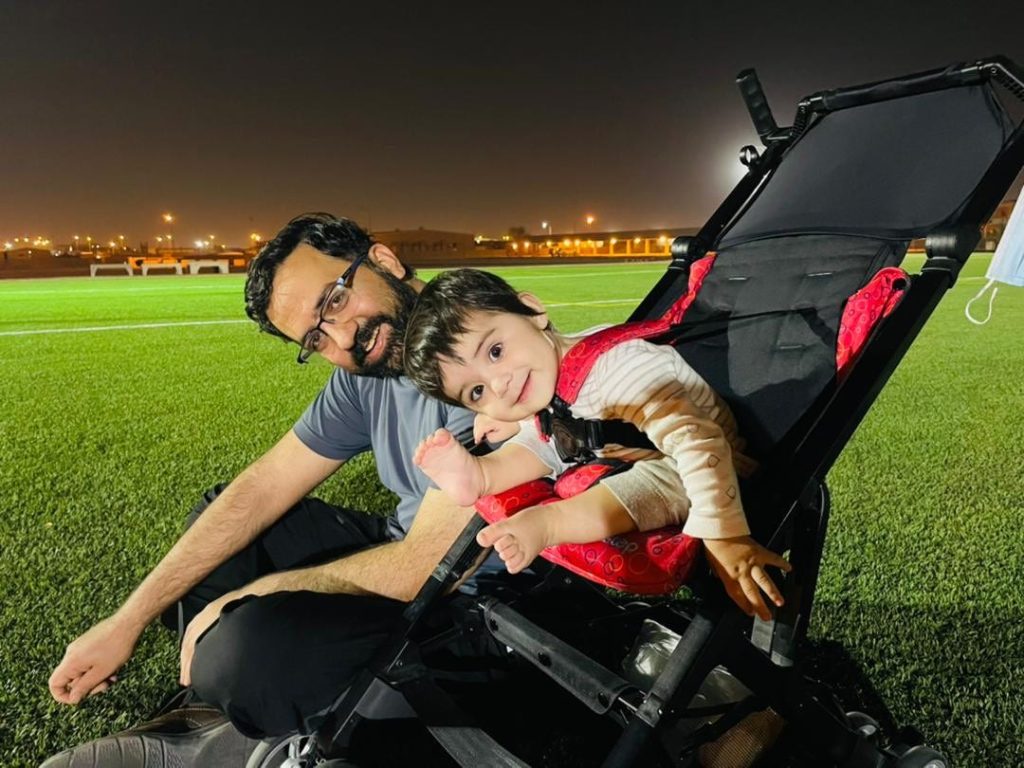U.S. citizen Mahmood Habibi has been held in Taliban captivity in Afghanistan for over 600 days, although the Taliban has denied holding him prisoner. The State Department has expressed concern for Americans unjustly detained in Afghanistan, including Habibi, George Glezmann, and Ryan Corbett. Habibi, who is a U.S. citizen and former deputy minister of the Civil Aviation Authority in Afghanistan, was arrested by the Taliban along with 29 of his colleagues. His brother, Ahmad Shah Habibi, believes that Mahmood was detained because of his previous position and citizenship status.
Both Corbett and Glezmann, who were also arrested by the Taliban, have experienced poor conditions and health issues during their captivity. Despite sporadic access to wellness checks and communication with their families, their situation remains concerning. The Taliban has acknowledged holding two Americans in their prisons, but their narrative regarding the number of prisoners and their treatment has been inconsistent. Meanwhile, efforts to secure the release of the detained Americans have included advocacy from their families and engagement with government officials.
The Taliban has indicated a willingness to consider exchanging the American prisoners for other individuals, including Guantánamo Bay detainee Muhammad Rahim and Afghans charged with drug-related offenses in the U.S. Rahim, who is described as an al Qaeda facilitator and holds extremist views, is the final Afghan detainee in Guantánamo Bay. The Taliban’s shifting statements and attempts to negotiate for the release of prisoners highlight the complexities of the situation.
Family members of the detained Americans, including Mahmood Habibi’s brother Ahmad, have been actively involved in advocating for their release. They have engaged with various government officials and entities in an effort to bring attention to the case and seek assistance in securing the freedom of their loved ones. The impact of Mahmood’s detention extends beyond his immediate family, affecting his elderly parents and his wife, Zulhija, who has had to put aside her medical studies to focus on advocating for his release.
The situation involving the detained Americans in Taliban captivity underscores the challenges faced by individuals who are wrongfully or unjustly detained in conflict zones. The lack of transparency and inconsistent messaging from the Taliban make it difficult to assess the well-being and conditions of the prisoners. Efforts to secure their release require coordination among government officials, advocacy groups, and family members, as they navigate the complexities of negotiating with a group that has a history of human rights abuses and extremist ideologies.
As the families of the detained Americans continue to push for their release, they are met with uncertainty and challenges in their efforts to bring their loved ones home. The impact of the detainment extends far beyond the individuals themselves, affecting their families and loved ones who are left in a state of limbo as they await news and updates on the situation. The plight of Mahmood Habibi, George Glezmann, Ryan Corbett, and others underscores the urgent need for action and advocacy to address the injustice and human rights violations faced by those held captive in conflict zones.













